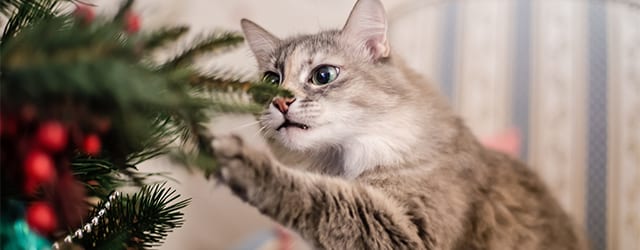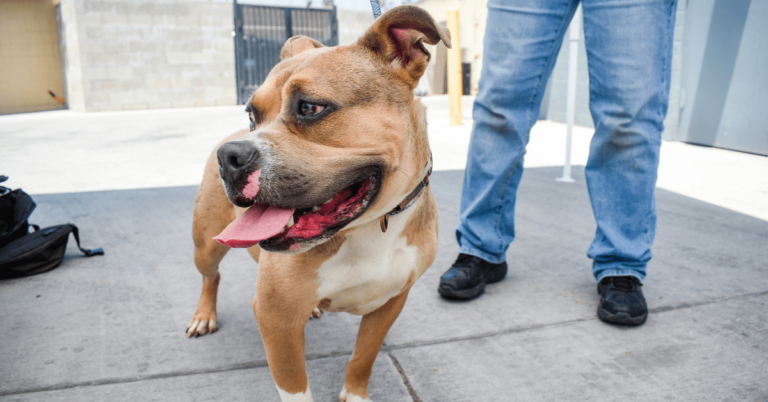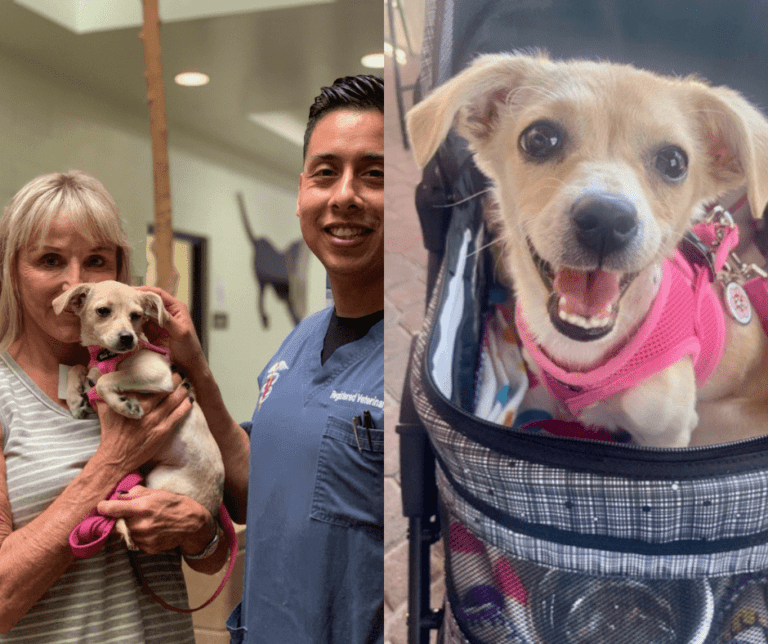Holiday Pet Poisons & Dangers: From Poisonous Poinsettias to Snow Globes

It’s the most wonderful time of the year – reconnecting with family and friends, attending fun parties and seasonal decorations adding to the magic of the season. However, it’s these holiday decorations that can pose a threat to your pet’s health. Before you go all-in on the tinsel or pick up a pallet of poinsettias, check out these seemingly innocuous holiday pet poisons.
Poinsettias
Large, bright red leaves make poinsettias a beautiful, yet poisonous plant for the holidays. (For a full rundown on poisonous plants, check out this article) When dogs and cats chew the poinsettia plant, the leaves release sap that is irritating to the mouth and esophagus causing nausea, vomiting, and sometimes diarrhea. Though the poinsettia is poisonous, most pets and children become so irritated by the sap that they do not consume enough of the plant for it to become a deadly situation. Be especially careful not to let young puppies and kittens get a hold of poisonous poinsettia leaves.
The Christmas Tree
Most people recognize that glass ornaments are hazardous when they fall and break on the floor. And strings of lights can electrocute pets when they chew on the cords. Not many people realize, however, that if a Christmas tree’s needles are eaten by your pet, it can cause gastrointestinal upset and injury. Also, the tree oils can cause stomach upset, vomiting, and excessive drooling, much like the poisonous poinsettia leaves. Never let your pet chew on the tree branches for this reason. These oils, along with bacteria, can seep into the water that your tree sits in. Simply drinking the base water can cause these digestive irritations.
Mistletoe & Holly
In comparison to the poisonous poinsettia, mistletoe and holly have a greater toxicity level in both the leaves and berries. When ingested, symptoms include vomiting, drooling, diarrhea, breathing difficulties, a drop in blood pressure, hallucinations, and gastrointestinal irritation. Large amounts of consumption can lead to seizures and death. You may want to keep these plants out of your house entirely, or just be sure to hang your mistletoe out of reach of cats and dogs.
Amaryllis
The amaryllis flower is a popular gift during holiday time. You can buy it as a bulb to grow yourself, or buy it already flowering. When the flower, leaves, and stem are ingested by cats and dogs, it causes tremors, gastrointestinal upset, vomiting, diarrhea, weakness, and decreased appetite. The bulb is even more poisonous than the rest of the plant. If you want to give a holiday plant as a gift to a friend with pets, consider getting them a non-poisonous plant, like the Christmas cactus, instead. They have lovely little flowers that commonly come in red, pink, white, and gold.
Tinsel
While tinsel is not technically poisonous, it can be a life-threatening risk for your pets, especially cats. Cats love sparkly toys and things they can bat at and nibble on, making tinsel an irresistible attraction. When ingested, strands of tinsel can cause intestinal blockages and internal cuts in the digestive tract. Ultimately, this may lead to your pet needing surgery. It is best to not use tinsel in a household where pets live.
Snow Globes
Snow globes use ethylene glycol to help keep the flurry suspended. Much like antifreeze, this substance is sweet-smelling and can be very enticing for a pet to drink should a snow globe fall and break open. Always keep snow globes out of reach of pets and children. Be especially careful around cats, who often like to knock things onto the floor.
Alcohol
While most people would never think to give their pets a drink of beer, wine, or liquor, they may not realize that a taste of rum cake or other holiday treats made with alcohol can cause health problems as well. Pet’s kidneys and livers are not meant to process alcohol. Even small amounts of alcohol can cause vomiting, diarrhea, coma, and a severe condition known as metabolic acidosis.
When these poisonous substances are ingested in small amounts, you will likely be able to soothe and treat your pet at home until their illness has passed. If symptoms are severe or persist, seek veterinary help as soon as possible. Always inform guests not to feed your pets anything out of the ordinary and keep hazards, like poisonous poinsettias, out of reach.
Visit our Resource Center for more holiday tips on safety, travel, and how to have a stress-free holiday with your pet.


